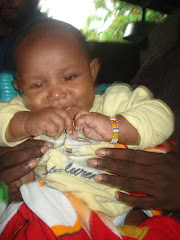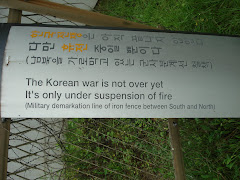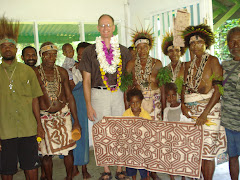
We were encouraged to go out and meet Iranians “on the street.” I’ve never been easy accosting people even to ask directions, let alone have a conversation about politics, religion or anything else. I was feeling a bit intimidated by the expectation that I’d have meaningful contacts on the street.
Yet I needn’t have worried. Everywhere we went people reached out to us and in my case, carried the conversational burden (in English!). A young army officer, a shop keeper, a student: they all began asking me where I was from. “America!?” they would respond in astonishment. One man observed: “After 30 years finally you have come.” Each was very anxious that I like their country. I could honestly say I liked it. It is beautiful. And the people are very friendly. Whatever I sad, it seemed to reassure them. Then they would peer up at me: “Please don’t bomb us!”
Invariably this comment left me feeling ashamed and angry. Would our US government betray our goodwill mission and attack Iran? Are my efforts simply naïve altruism?
Some might say so.
Yet except by meeting people, eating their food, walking their streets, how else are we to break down the dividing wall of suspicion that divides us? These people-to-people contacts are the only way to get behind the rhetoric we hear in America and they hear in Iran. Neither population is well served by the “party lines” we hear. Giving and receiving hospitality is at the core of our Abrahamic faiths. It creates a sense of bond and obligation which Christians, Jews and Muslims have scripturally understood to be sacred.
Another dynamic operating in these encounters is a cultural quality called ta’arouf. Hooman Majd in his book “The Ayatollah Begs to Differ” gives some very helpful insights. It means, in part, that nothing is too good for guests; effusive claims of love and friendship and exaggerated statements of humility are common (“I am your humble servant” might be answered with: “I am your devoted slave”). This Persian propensity for politeness and hospitality is given extra clout by the Koranic teachings of universal brotherhood and respect. It is very sincere, yet must be understood in context, which created some interesting learning moments for our delegation. If one has no idea about ta’arouf I expect there could be some baffling encounters. We were forewarned. But the first invitation to dinner by the proprietor of the corner newsstand as one buys a paper is astonishing. However, I found the few interactions I had, wary as I was, gave me a sense of a different culture, different manners, somehow highly evolved and beautiful. That appreciation didn’t exactly fill me with confidence that I knew what I was doing, but I could relax, clasp hands with the men and offer extravagant compliments in return: a tiny cultural bridge.







No comments:
Post a Comment